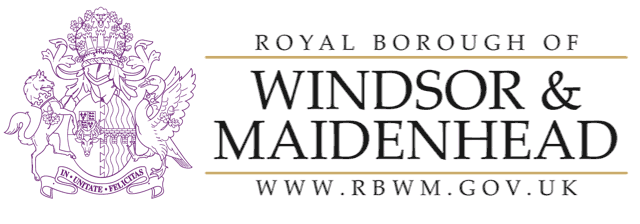Pesticides are primarily chemical substances prepared or used to destroy harmful pests. By their very nature pesticides pose a potential hazard to the user, others in the area during and after use, and can have a bad effect on the environment if used incorrectly. The actual risk can be reduced by the careful choice of pesticide, the time and methods of use, weather conditions and the knowledge of the person using the pesticide. Chemical pesticides should only be used as a last resort and include:
- weedkillers (herbicides)
- agents to kill fungal growth (fungicides)
- insect killers (insecticides)
- rodent (rat) bait (rodenticides)
- soil treatments
- wood preservatives
and a number of other preparations. It is always wise to check before buying and using. Pesticides are used by members of the public, often in the garden or on allotments and the potential hazard can be the same as for pesticides used in agriculture and other large scale operations. Pesticides used by the public are likely to have been obtained from the local garden centre or hardware store, and be approved, with information on the label. Please ensure that you read all the information on the label. You need to know how you can protect yourself, others, children and animals, and how to safeguard our environment. Before selecting a pesticide consider the following:- Always identify the pest before any treatment is applied.
- Do you really need a pesticide?
- Can the problem be solved by changing environmental conditions, for example cleaning up or preventing damp?
- Is there a way to deal with the pest without using a pesticide, for example using a hoe or hand fork, cultivation or catch and trap?
- Chemical pesticides may often kill beneficial organisms which help to keep pests under control.
Best of all do not use a pesticide.
Green alternatives - alternatives to herbicides, insecticides and fungicides are plentiful
Farmers and gardeners alike have employed these treatments for hundreds of years, if not millenia. Concepts such as "good insects eating bad insects", companion planting (where herbs and other plants decoy or repel pests from the plants they "guard"), proper soil management and perhaps the most fundamental of all, bio-diversity, are drawn from the master gardener, "Mother Nature"! Nature supplies its own defences for survival, if only we would pay closer attention to discover them.
